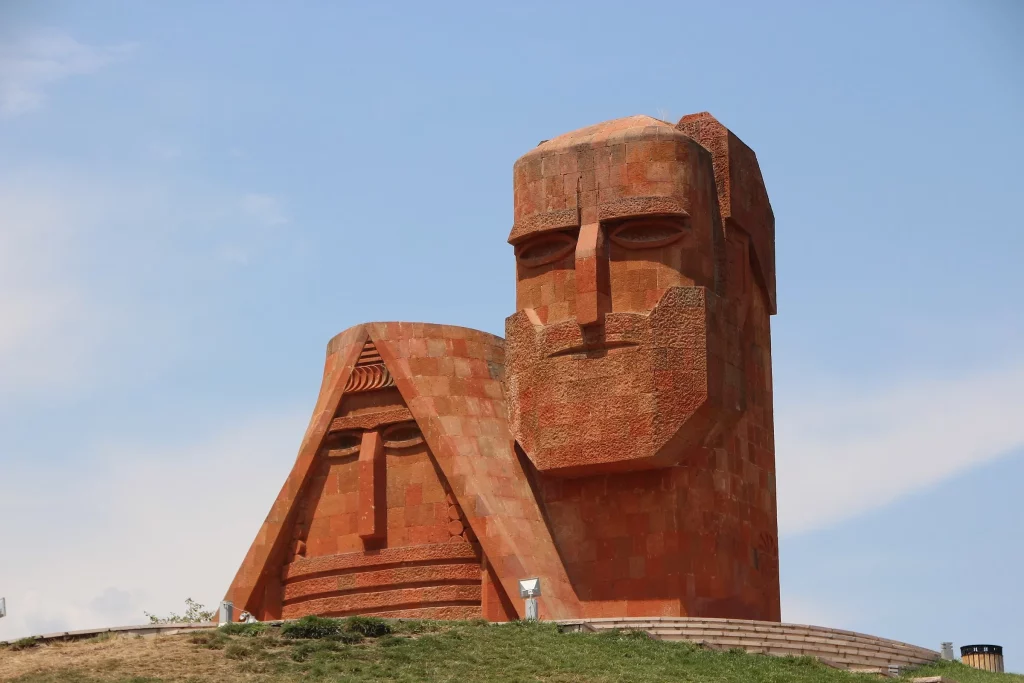We Lived Happily During the War
And when they bombed other people’s houses, we protested but not enough, we opposed them but not enough. I was in my bed, around my bed America was falling: invisible house by invisible house by invisible house. I took a chair outside and watched the sun. In the sixth month of a disastrous reign in the house of money in the street of money in the city of money in the country of money, our great country of money, we (forgive us) lived happily during the war.
Ilya Kaminsky’s powerful poem begins the collection, Deaf Republic. naming the unnerving silence and insulated acceptance of atrocity at a distance.
Deeply relevant now as the Aremenian population of Artsakh (Nagorno-Karabakh) are being forced to leave their homes. There is an ongoing mass exodus of tens of thousands of people, precipitated most directly by Baku’s bombing campaign on the 19th September. The Artsakh population is forced to leave behind their homes, their possessions, their lives, and this on top of enduring months of siege and hunger. People perished in the months of siege due to lack of food and necessities. Many more were killed by Azerbaijan’s military in the last years, with war tech from Baku’s partners in Turkey and Israel.
This is a classic case of ethnic cleansing—the whole population has been forced off their ancestral lands—and it is daunting that Baku’s flagrant act of authoritarian expansion is not receiving censure from the international community. This crime needs to be named clearly, not pandered to and ignored.
How the U.S. responds to Azerbaijan’s latest assault on Nagorno-Karabakh will be a test of its commitment to not only combating authoritarian expansionism—but also in the duty to prevent further atrocities. A failure to change course would not only threaten the survival of Nagorno-Karabakh’s Armenians, but send a dangerous signal to despots the world over.
The U.S. Keeps Failing Armenians in Nagorno-Karabakh by Alex Galitsky and Gev Iskajyan

“We Are Our Mountains” (1967), also known as Tatik-Papik (“Grandmother and Grandfather” in Armenian), at the top of a hill overlooking the Artsakhi city of Stepanakert Wikimedia Commons